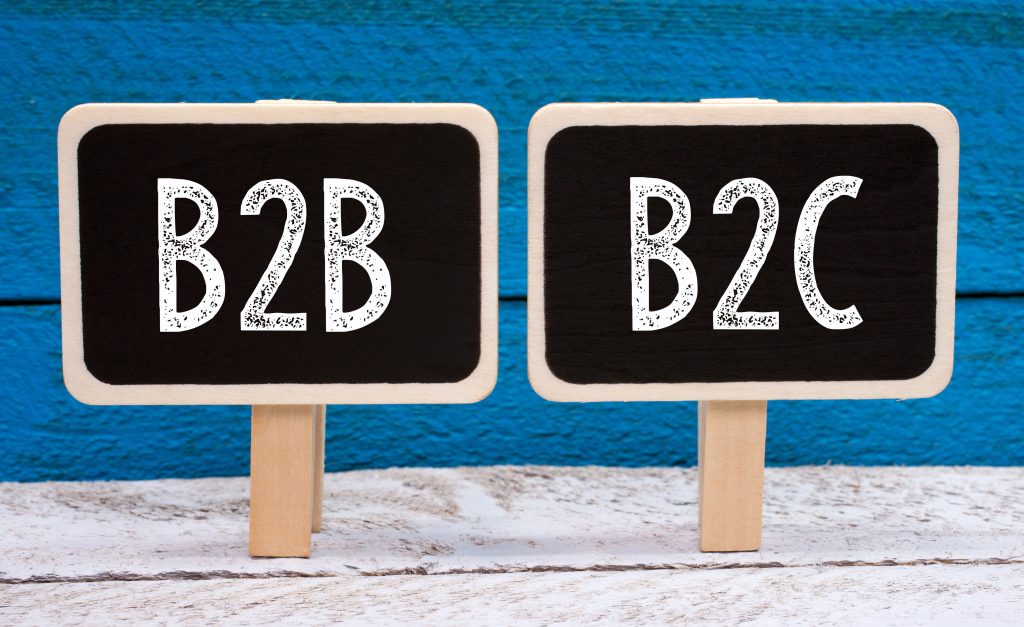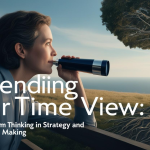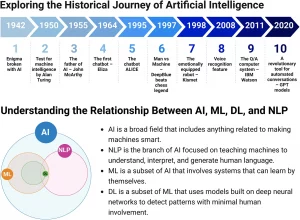As the 21st century dawned, the technological era was enriched with a series of revolutionary innovations that are reshaping the fabric of the business world. Among these, artificial intelligence (AI) has had a profound impact, especially in the marketing sector. More precisely, its influence can be seen in the way B2B (business-to-business) and B2C (business-to-consumer) marketing are evolving, no longer as separate entities but as interconnected parts of a broader business ecosystem.
The Role of Automation in Modern Marketing
Marketing automation has become an essential component of the modern marketing toolkit. This technology, which melds software and strategies to optimize, automate, and measure marketing tasks, is developing in tandem with AI. However, automation alone is not enough. Artificial intelligence provides the capability to analyze vast amounts of data, predict trends and behaviors, and ultimately tailor the user experience in a deeper and more meaningful way.
The Convergence of B2B and B2C
Traditionally, B2B and B2C were treated as distinct realms, with separate strategies, metrics, and objectives. Yet, with the rise of AI and automation, these boundaries are becoming increasingly porous. A driving force behind this shift is the growing expectation for personalization. Whether it’s a professional making a purchasing decision for a company or a consumer choosing a product for personal use, the demand is the same: a tailored, consistent, and seamless experience.
This shift in perspective has prompted businesses to consider B2C strategies when devising B2B campaigns and vice versa. The logic behind this is clear: if a strategy or tool proves effective in one context, why wouldn’t it work in the other?
Account-Based Marketing: An Exemplary Convergence
Take Account-Based Marketing (ABM) as an example. Initially seen as a B2B tool, ABM focuses on creating targeted marketing campaigns for individual accounts or companies. Yet, with the advent of AI and automation, the same strategy is finding ground in B2C, where personalization is becoming the norm rather than the exception.
The Case of IBM and Adobe
Tech giants like IBM and Adobe are already experimenting with the intertwining of B2B and B2C. IBM, with its “Think Marketing” platform, utilizes AI to sift through vast amounts of data, crafting highly personalized marketing content. Similarly, Adobe has integrated AI into its marketing automation platform, ensuring every customer touchpoint is highly personalized, be it for a company or an individual.
Business Implications and Processes
This shift is not limited to marketing alone. The intersection between B2B and B2C, amplified by AI, has profound implications for the entire business organization. Processes that were once rigid and segmented are becoming fluid. From supply chain management to customer onboarding to customer service – every aspect of business operations is benefiting from the synergy between B2B and B2C.
Towards the Future: Predicting the Next Wave
With the increasing interconnectedness of B2B and B2C, one thing is clear: businesses that will succeed in this new landscape are those that not only adopt new technologies like AI and automation but also those that understand and embrace the importance of a unified approach to communication and marketing.
Industry experts predict that as AI and automation continue to evolve, we’ll see greater integration between various business functions. For instance, sales and marketing teams might collaborate more closely, leveraging shared data and insights to craft more effective campaigns and sales strategies.
This integration would cascade through the entire customer lifecycle, from awareness to consideration, to purchase and loyalty. Furthermore, the merging of B2B and B2C, underpinned by AI, could also lead to new business models, where companies of all kinds might leverage new market opportunities and reach novel customer segments.
Conclusion
In an increasingly digitized world, the importance of adapting and evolving cannot be understated. The intertwining of B2B and B2C, fueled by innovations like AI and automation, signifies a new frontier for businesses. As we progress into the 21st century, companies that recognize, adopt, and capitalize on these trends will be those that thrive in an ever-evolving business landscape.









